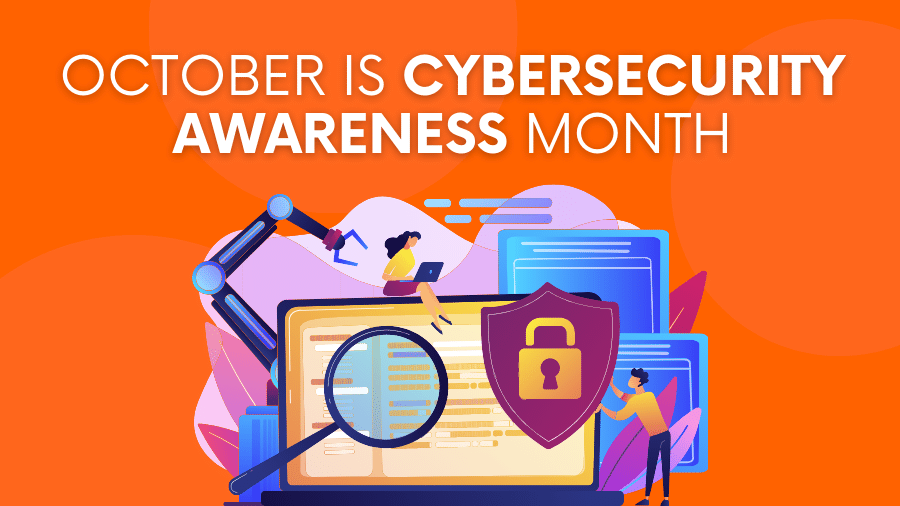Cybersecurity Awareness Month is an annual campaign held in October to raise awareness about the importance of cybersecurity and promote best practices for staying safe online. It is a collaborative effort between government agencies, nonprofit organizations, industry leaders, and individuals to educate people about the threats and challenges in the digital world and encourage them to take proactive steps to protect themselves, their families, and their organizations from cyber threats.
For K-12 schools, Cybersecurity Awareness Month is important for several reasons:
- Educating Students: K-12 schools have a responsibility to educate students about the digital landscape and the potential risks they may encounter online. Cybersecurity Awareness Month provides an opportunity to integrate cybersecurity education into the curriculum and teach students about safe online behaviors, privacy, and responsible technology use.
- Protecting Personal Information: K-12 schools collect and store a significant amount of sensitive information about students, parents, and staff. This includes personal data, grades, and financial information. Maintaining strong cybersecurity practices is essential to protect this sensitive data from theft, unauthorized access, or breaches.
- Preventing Cyberbullying: Students can be vulnerable to cyberbullying and online harassment. Cybersecurity Awareness Month can be used to address these issues, teach students how to recognize and report cyberbullying, and promote a positive and respectful online environment.
- Promoting Good Digital Citizenship: Cybersecurity awareness goes hand in hand with promoting good digital citizenship. Schools can use this month to emphasize the importance of ethical online behavior, respect for others’ privacy, and the responsible use of social media and digital resources.
- Securing School Networks: K-12 schools rely heavily on technology for teaching and administrative purposes. Ensuring the security of school networks, systems, and devices is crucial to prevent disruptions caused by cyberattacks and to protect the integrity of educational resources.
- Involving Parents and Guardians: Cybersecurity awareness extends beyond the school environment. Schools can use this month to engage parents and guardians in discussions about online safety at home, including setting parental controls, monitoring online activities, and fostering open communication with children about their online experiences.
- Preparing for the Future: Teaching students about cybersecurity not only helps protect them now but also prepares them for future careers in a digital world where cybersecurity skills are in high demand.
In summary, Cybersecurity Awareness Month is important for K-12 schools because it provides an opportunity to prioritize cybersecurity education, protect sensitive data, promote safe online behavior, and prepare students for a digitally connected future. It helps create a culture of cybersecurity awareness that benefits the entire school community.


